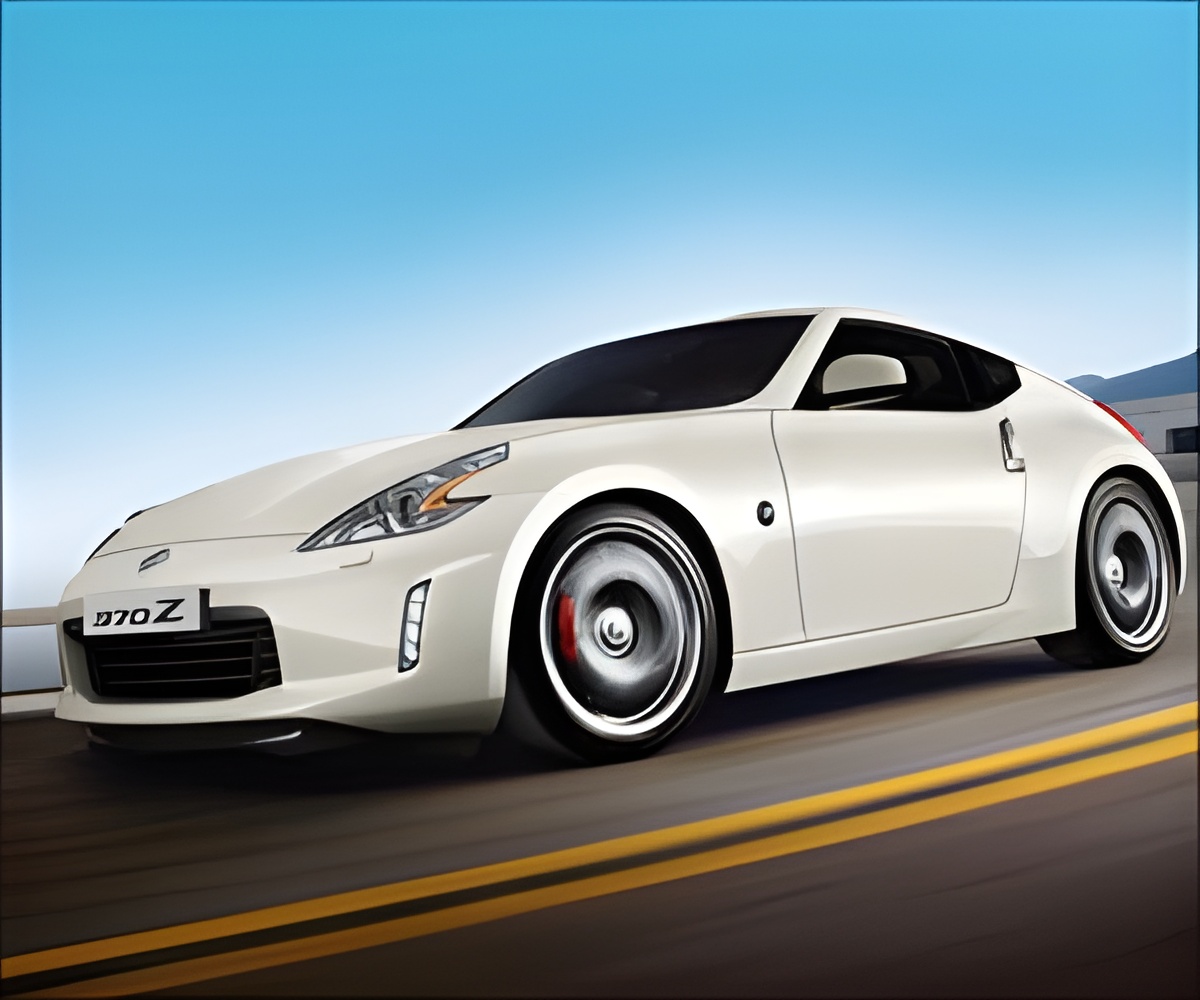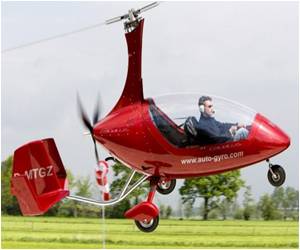Across the strife-torn Central African Republic, vehicles without wheels are a common sight where drivers have long since resorted to extreme but risky measures to protect their precious property.

Owners first turned to this tactic in December 2012 when mostly Muslim rebels of the Seleka alliance marched on the southern capital Bangui from the north. Many of the fighters were on foot and car theft rapidly spread.
Initially the Seleka, which seized power for 10 months in March 2013, singled out property belonging to people from the Christian majority.
The bishopric of Bambari, about 300 kilometres (180 miles) from Bangui, had eight of its 4x4 cars stolen.
"First they stole the vehicles of relief workers parked on our premises, then they took ours," said a priest who asked to be named simply as Sebastien. "We didn't know what to do for a while. Then we told ourselves, 'Let's hide the wheels'."
When they first tried, the priests' plan was a failure since they merely put the wheels away in a nearby garage. Seleka fighters would find them, bolt them back into place and drive off unhindered.
The clerics, like a growing number of car owners, have sought ever more ingenious ways of concealing their wheels, but that sometimes means risking lives to save a motor.
Sebastien said that in Grimari parish, 80 kilometres from Bambari, clerics decided to remove a car's steering wheel. But they finally handed it over when an armed gang threatened to kill one of them.
Hundreds of civilians -- Muslims and Christians -- run huge risks to hold on to their vehicles, a potential life-saver in a country that has sunk into chaos and where more and more people are going hungry.
Transport is so scarce that anything on wheels is routinely confiscated, including trucks. Even heavy goods vehicles can be seen standing on chocks.
Getting around at all has become a luxury in the former French colony, where remaining vehicles are so rare that some passengers will form gravity-defying human pyramids aboard the few rusty old bangers serving as public transport.
One elderly Peugeot saloon can easily carry 15 people on the outside, with at least one propped against the windshield, along with its "seated" passengers and goods such as bags of rice and packs of beer.
- 'I love Central African Republic' -
While cars are more prevalent in Bangui, the crime rate is also highest in the capital. A Christian garage owner in the once cosmopolitan district of PK-5 -- where a few thousand Muslims have remained after an exodus -- has put out of service six of the 11 vehicles in his care.
The garage owner varied his methods. He took the wheels off a large Italian saloon car and hid them inside the passenger compartment. The rim nuts of a 4x4 were carefully stowed away. From other vehicles, he removed parts of the engine.
The Seleka has been put to flight in much of the south, with the help of French troops and a multinational African Union force, but the garage owner today fears trouble from mostly Christian "anti-balaka" vigilante bands, which emerged in response to atrocities by the ex-rebels.
These young militia forces have above all massacred Muslim civilians whom they hold responsible for backing the Seleka while abuses were perpetrated, but they also attack Christians.
Almost every night, people of every faith in Bangui are killed, decapitated with machetes, hacked to death or gunned down. Bodies have been found in wells.
Almost random violence has succeeded inter-religious brutality. Many residents hide indoors, no longer daring to venture out even in daytime.
Despite the violence at PK-5, no one turned up for treatment at the district hospital.
In the weed-choked courtyard of the pink and yellow compound, a blue car with its back wheels missing was propped on two deflated front tyres.
A pennant inside the car proclaims "I love Central Africa Republic" in English, while a silver Christmas garland decorates the rear parcel shelf.
"A woman police colonel parked that there as a precaution," a hospital orderly said.
Source-AFP
 MEDINDIA
MEDINDIA




 Email
Email




